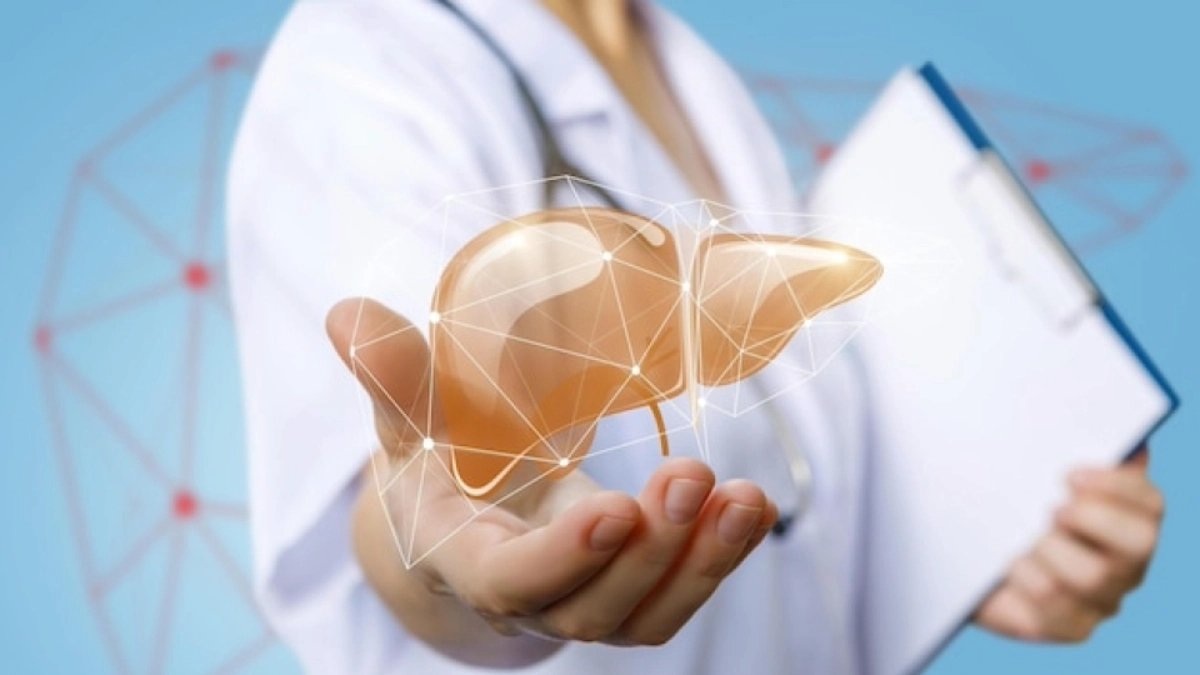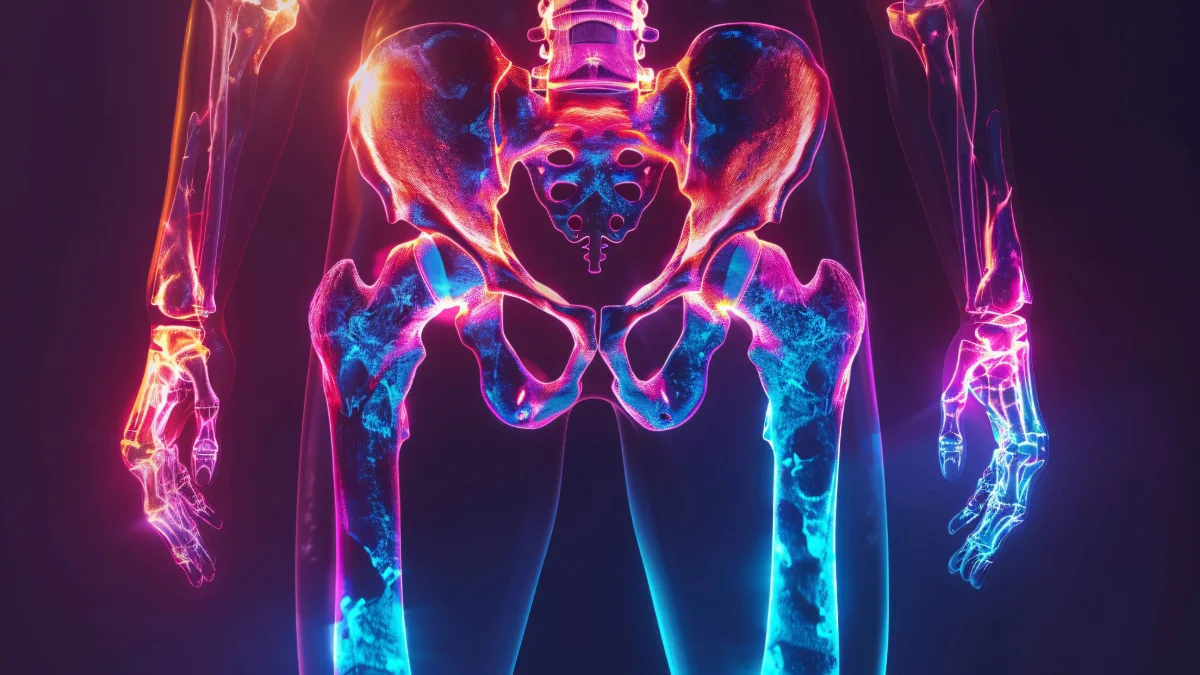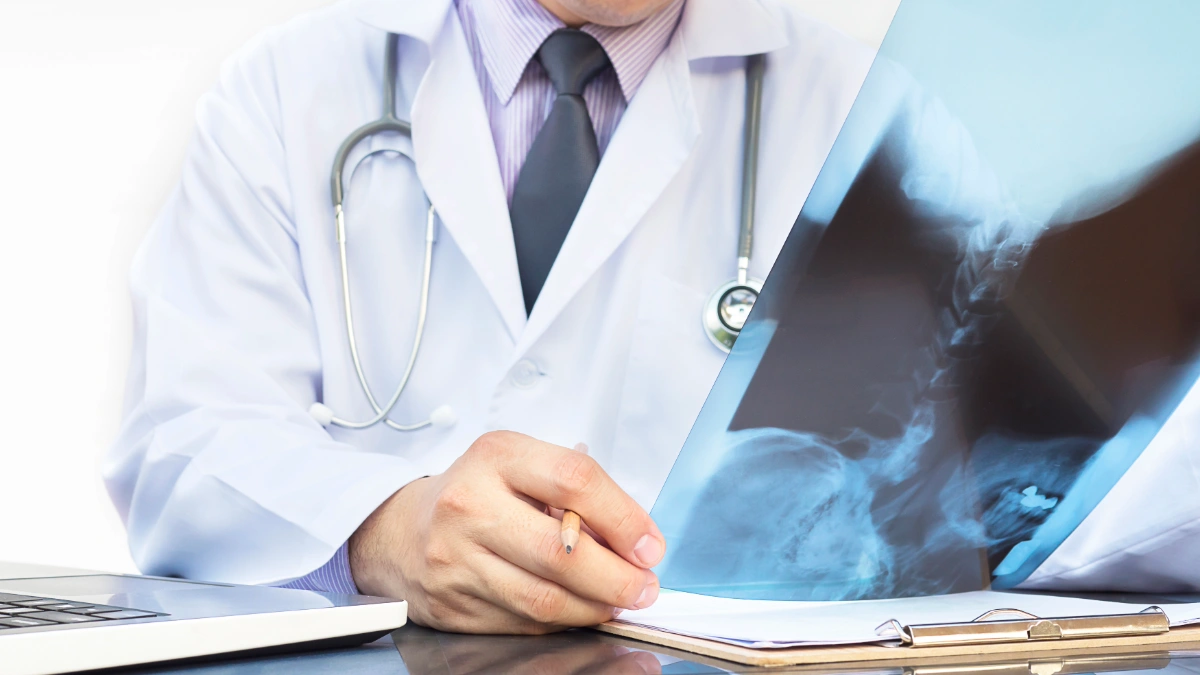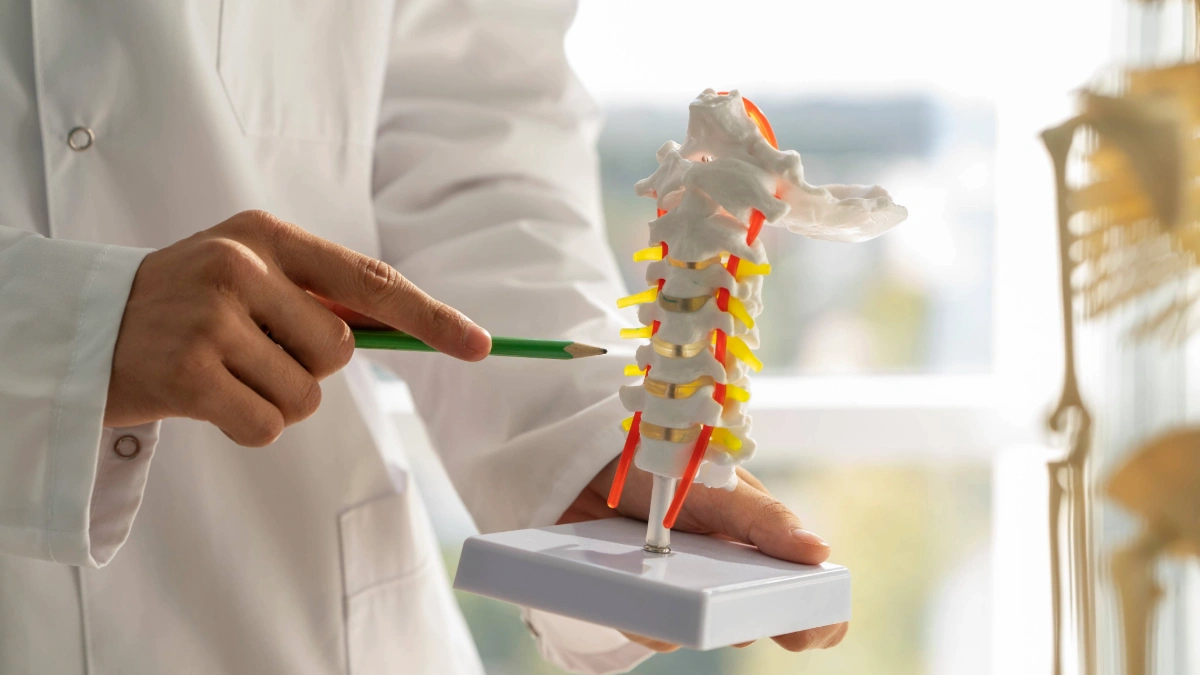Liver cancer is a complex and challenging disease, but recent advancements in early detection methods are offering new hope. New imaging techniques, such as high-resolution ultrasound and magnetic resonance elastography, enable doctors to identify liver tumours at earlier, more treatable stages. Additionally, the development of novel biomarkers and genetic testing is revolutionizing the way it is detected, allowing for more personalized and proactive approaches to screening and diagnosis.
What is Liver Cancer?
Liver cancer is a form of cancer that starts in the liver, one of the largest organs in the human body located on the top right side of your abdomen. The liver performs several critical functions, including helping digest food, removing toxins, and processing nutrients. It can be classified as primary liver cancer, which originates in the liver, or secondary liver cancer, which spreads to the liver from another organ. The severity of this cancer depends on various factors, such as its location within the liver, size, whether it has spread, and the overall health of the individual.
Liver Cancer Symptoms
This type of cancer often does not present any symptoms in its early stages, making it challenging to diagnose early. When symptoms do appear, they can include:
- Yellowing of the skin and whites of the eyes (jaundice)
- Itchy skin
- Dark urine and pale stool
- Loss of appetite
- Unintended weight loss
- Persistent tiredness or fatigue
- General unwellness
- Abdominal lump on the right side
- Nausea and vomiting
- Upper abdominal pain or pain near the right shoulder
- Symptoms of indigestion, such as feeling full quickly
- A very swollen abdomen unrelated to eating
Liver Cancer Causes
While anyone can get primary liver cancer, certain factors increase the risk:
- Age over 60, is most commonly diagnosed in people over 85
- Male gender
- Medical conditions such as hepatitis, liver cirrhosis, gallstones, diabetes, liver flukes, or HIV
- Family history of primary liver cancer
- Lifestyle factors, like excessive alcohol consumption and poor diet
Secondary liver cancer is caused by cancer spreading from another part of the body to the liver.
Reducing the Chances of Primary Liver Cancer
Although it’s not always possible to prevent liver cancer, certain lifestyle changes can lower the risk:
- Avoid behaviors that can lead to cirrhosis
- Maintain a healthy weight
- Get vaccinated against hepatitis B
- Avoid hepatitis C exposure
- Regular screening if you have liver disease, diabetes, obesity, or heavy alcohol consumption
Tests and Next Steps
If referred to a specialist, several tests may be conducted to check for liver cancer:
- Blood tests for liver function and cancer markers like alpha-fetoprotein (AFP)
- Imaging tests such as ultrasound, CT scan, and MRI
- Biopsy to extract and analyze liver tissue
- PET scan if liver secondary cancer is suspected
How is liver cancer diagnosed?
This cancer is diagnosed through a series of tests and evaluations. If your doctor suspects liver cancer, they may order several diagnostic tests, including:
- Blood tests: to assess liver enzymes, proteins, and other substances to determine liver health.
- Ultrasound (sonography): to create images of the liver and identify possible tumours.
- Computed Tomography (CT) scan: a special X-ray that provides detailed images of the liver.
- Magnetic Resonance Imaging (MRI): using a large magnet, radio waves, and a computer to create clear images of the liver.
- Angiogram: examines blood vessels in the liver by injecting dye into an artery to track blood flow and vessel activity.
- Biopsy: involves removing a small tissue sample from the liver to look for cancer cells, providing the most reliable diagnosis.
What are the stages of liver cancer?
Liver cancer stages are usually determined using the staging system. The stages range from 0 to C, or stages I to IV, based on tumor size, liver function, and symptoms.
- Stage I/Very early stage/Stage 0: A single tumour less than 2 cm in size with normal bilirubin levels.
- Stage II/Early stage/Stage A: Single tumours up to 5 cm or multiple tumours less than 3 cm. The tumour may have reached blood vessels.
- Stage III/Intermediate stage/Stage B: Multiple tumours and/or a tumour larger than 5 cm, possibly spreading to lymph nodes, large blood vessels, or other organs.
- Stage IV/Advanced stage/Stage C: Cancer has spread to other parts of the body like the lungs or bones, and lymph nodes.
Getting Your Results
The results from these tests can take several weeks. Try not to worry if it takes longer to receive them, as it does not necessarily indicate a serious issue. You can contact the hospital or GP for updates. A specialist will explain the results and the next steps, and having someone with you for support might be helpful.
Management and Treatment of Liver Cancer
Surgery
Surgery may be an option if the cancer is detected early and hasn’t spread. Surgical options include:
- Partial hepatectomy: Removing the cancerous part of the liver.
- Liver transplant: Replacing the diseased liver with a healthy one from a donor.
Chemotherapy
Chemotherapy uses drugs to kill cancer cells, often administered through a process called chemoembolization that targets the tumour directly via blood vessels.
Thermal Ablation
Thermal ablation involves using heat from electrical currents or microwaves to destroy cancer cells. It’s often used when patients can’t undergo surgery.
Targeted Medicines
These medicines specifically target cancer cells to stop their growth. They are used when surgery isn’t an option or the cancer has spread.
Radiotherapy
Selective internal radiation therapy (SIRT) is a specialized form of radiotherapy where radioactive beads are injected into the liver to target the tumour.
Risk Factors
- Chronic hepatitis B or C infection
- Cirrhosis
- Inherited liver diseases (e.g., hemochromatosis, Wilson’s disease)
- Diabetes
- Nonalcoholic fatty liver disease
- Exposure to aflatoxins
- Excessive alcohol consumption
Lifestyle and Prevention
Many cases of liver cancer are linked to modifiable lifestyle factors, such as excessive alcohol consumption, unhealthy dietary habits, and exposure to environmental toxins. By educating the public on the importance of adopting healthier behaviours, we can empower individuals to take an active role in reducing their risk of developing this devastating disease. Successful public health campaigns and personal stories of lifestyle transformation can inspire and motivate others to make the necessary changes for a healthier future.
Preventing Liver Cancer
Reduce the Risk of Cirrhosis
- Drink alcohol in moderation, if at all.
- Maintain a healthy weight through diet and exercise.
Get Vaccinated Against Hepatitis B
The hepatitis B vaccine is recommended for everyone, especially infants, older adults, and those with compromised immune systems.
Preventing Hepatitis C
To reduce the risk of hepatitis C:
- Know the health status of your sexual partner.
- Use clean needles if you inject drugs.
- Choose clean, reputable shops for tattoos and piercings.
Seek Treatment for Hepatitis B or C
Treating hepatitis B or C infections can significantly reduce the risk of liver cancer.
Tailoring Prevention and Care
While liver cancer can affect individuals of any age, gender, or ethnicity, certain populations face a disproportionately higher risk. For instance, this cancer is more prevalent in men and certain ethnic groups, such as Asian and African Americans. By understanding the unique factors that contribute to these disparities, healthcare providers can develop targeted prevention strategies and deliver more culturally sensitive care to address the specific needs of these communities.
The Role of Chronic Conditions
Chronic conditions like hepatitis B and C, diabetes, and nonalcoholic fatty liver disease (NAFLD) are known to significantly increase the risk of developing liver cancer. Understanding the complex interplay between these underlying conditions and cancer is crucial for developing comprehensive prevention and management strategies. Healthcare providers must work closely with patients to address these chronic issues, ensuring that they receive the necessary support and resources to mitigate their liver cancer risk.
Liver Cancer Innovative Treatments
The field of liver cancer treatment is rapidly evolving, with the introduction of groundbreaking therapies that are transforming patient outcomes. For instance, immunotherapy and targeted molecular agents are paving the way for more effective interventions. Additionally, advancements in liver transplantation are offering new hope to those battling this disease. By collaborating with leading oncologists and highlighting patient success stories, we can provide a comprehensive understanding of the latest treatment options and their potential to improve quality of life and long-term survival.
Patient Support
Receiving a liver cancer diagnosis can be a profoundly challenging experience, both physically and emotionally. At Avicenna International Hospital, we recognize the importance of providing comprehensive support systems to address the diverse needs of our patients and their families. From counseling and support groups to rehabilitation programs and survivorship planning, our multidisciplinary team is dedicated to ensuring that every individual receives the personalized care and resources they need to navigate the complexities of their cancer journey.
Impact of Environmental Factors
While individual lifestyle choices play a significant role in liver cancer risk, it is essential to recognize the broader environmental factors that can contribute to this disease. Exposure to industrial toxins, pollution, and contaminated water sources can all increase the likelihood of developing liver cancer. By examining the regulatory measures and community efforts aimed at mitigating these environmental risks, we can gain a deeper understanding of the multifaceted approach required to combat cancer on a larger scale.
Addressing Liver Cancer Worldwide
It is a global health concern, with significant variations in incidence rates, risk factors, and treatment approaches across different regions. By exploring the international landscape of liver cancer, we can gain valuable insights into the unique challenges and innovative solutions being implemented worldwide. Through collaborative efforts and the sharing of best practices, healthcare providers can work together to improve outcomes for patients around the globe.
Technological Advances in Research
The field of liver cancer research is being transformed by cutting-edge technologies, from CRISPR gene editing to the power of artificial intelligence and big data. We can uncover the latest breakthroughs in identifying new treatment targets, predicting disease progression, and optimizing personalized care.
Conclusion
Avicenna International Hospital offers comprehensive care for liver cancer, from early diagnosis to advanced treatment options. Our specialized team helps with personalized treatment plans tailored to each patient’s needs. Contact us today to learn more about how we can help you manage liver cancer in Turkey effectively.
The survival rate for liver cancer varies widely depending on the stage at diagnosis and the effectiveness of treatment. Early detection and innovative treatments can significantly improve prognosis and quality of life.
This cancer can be curable if detected early and treated effectively with options like surgery (partial hepatectomy or liver transplant), targeted therapies, and advanced treatments. Early diagnosis is crucial for a better chance of cure.
It is often considered aggressive because it can grow rapidly and spread quickly, particularly if not detected early. However, advancements in early detection and innovative treatments are improving outcomes.







